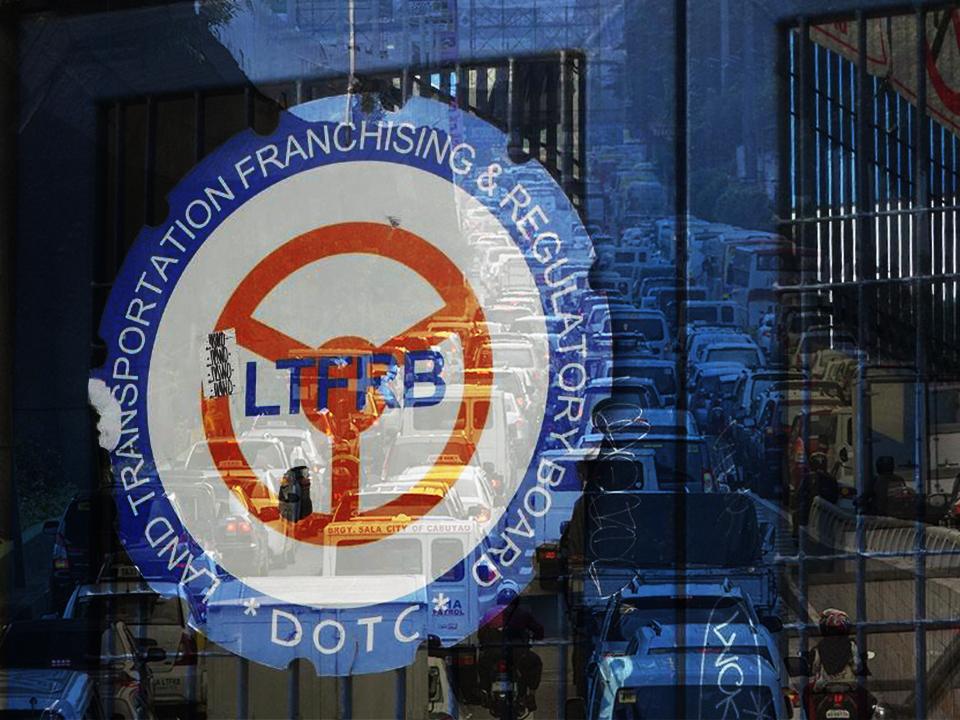LTFRB eyes another cash, fuel subsidies for PUV operators

The Land Transportation Franchising and Regulatory Board (LTFRB) is eyeing a possible second phase of its cash and fuel subsidy programs for public utility vehicle operators amid the hike in fuel prices.
"As mentioned by the DOE (Department of Energy), we are coordinating with them for another possible Phase II po ng ating fuel and cash subsidy for our PUV operators," LTFRB executive director Joel Bolano said during the briefing of the House committee on transportation on Wednesday.
"Ngayon po we are preparing the proposal to include po magkano 'yung amount and ilan po 'yung beneficiaries po na ipapasok natin dito sa possible Phase II ng fuel and cash subsidy for the PUV operators," he added.
(We are preparing the proposal to include how much will be given and who are the beneficiaries for the possible Phase II of the fuel and cash subsidy for the PUV operators.)
There has been a call from public utility transport group Pasang Masda to increase the minimum fare by P3, which will set it at P12 from the current P9 amid the series of increases in the prices of fuel.
Oil firms have recently announced a big-time hike in pump prices of petroleum products, marking the seventh straight month of increases.
Data from the DOE indicated that the year-to-date adjustments stand at a total net increase of P16.55 per liter for gasoline, P15.00 per liter for diesel, and P12.74 per kerosene as of October 5.
LTFRB chairman Martin Delgra, meanwhile, appealed for continued funding for the agency's service contracting program to address the issue of viability amid these difficult times.
"This would actually be an equalizer to both the transport sector, on one hand, and the commuting public on the other... and this is also where (the) government takes a direct hand in addressing this issue," Delgra said.
Under the said program, PUV operators and drivers who participated in the government’s free ridership program, will receive a one-time payout of P4,000 and weekly payments based on the number of kilometers traveled per week, whether they have passengers or not. —LBG, GMA News




